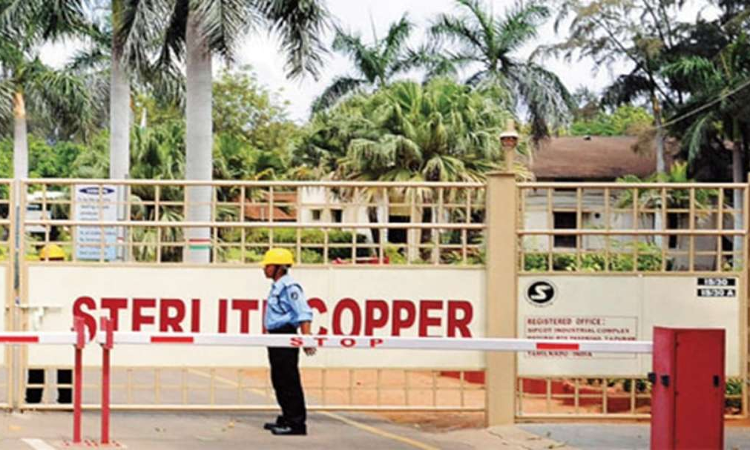Supreme Court Refuses To Allow immediate Re-opening of Sterlite Plant At Thoothukudi For Experimental Run
Mehal Jain
2 Dec 2020 2:05 PM IST

Next Story
2 Dec 2020 2:05 PM IST
The Supreme Court, on Wednesday, refused to grant interim relief to Vedanta Ltd., rejecting the mining giant's plea for an immediate reopening of its Sterlite copper plant at Thoothukudi for an experimental run for 2, 4 or 6 weeks.The company had moved the top court following the Madras High Court verdict in August that dismissed Vedanta's writ petition to reopen its copper smelter and upheld...
